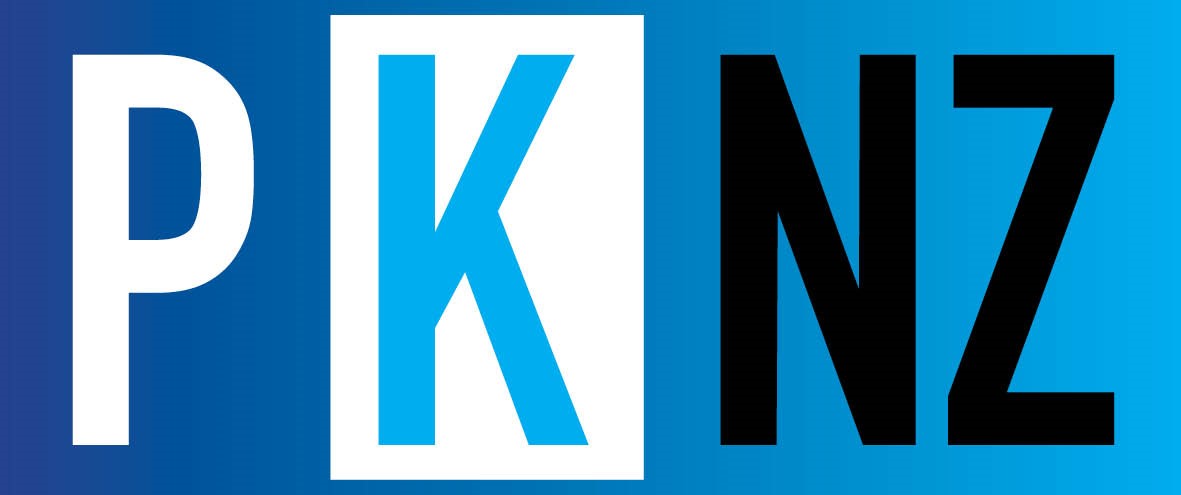My son and his family have just returned from a trip to England and France. I was remembering a similar trip that my wife Bev and I made with our kids and our parents. Travel can be such a great way to broaden our horizons and see things and places that have changed our world. I remember seeing one of only four surviving copies of the Magna Carta at Salisbury Cathedral in the West Country of England. Some say this copy is the best-preserved example. This powerfully influential document was signed by King John on 15 June 1215. Although this document is over 800 years old, it still is foundational to much of western law especially in Britain, the Commonwealth, and the United States. It brought into being areas of social justice that were radical in the day; the right of trial by a jury and the fact that no one was above the law not even the king. These are still found in our legal system today.
I can also remember travelling to Waitangi and seeing an original copy of our founding document, the Treaty of Waitangi. In the history of the British Empire, no other nation has a document such as this. This was the first time the British empire sought to bring a document of social justice into one of its colonies. In 1840 this was a radical step! This document has flaws and is in some ways still capable of controversy, but it profoundly affects our nation as do most foundational documents. This document is unique to this nation and still sets us apart historically and socially today.
This has me thinking about social justice and foundational documents. Although these are both great documents; the greatest and most foundational document I don’t have to travel to see. In fact, I can read it every day. I personally have several different versions and it is well over 2000 years old… it is the Holy Bible. This is the most read book on the planet and strangely enough the most stolen book as well. A book of much influence over our history and that of the rest of the world. The missionaries in our country had a powerful role in the writing and signing of the Treaty of Waitangi.
Let us return to the Bible, this book has provided guidance about how we should live for generation after generation of Christians. I guess I am beginning to wonder if we are losing sight of the treasure that we have in these words. It would seem to me that our way of life, our social structure is changing and not only changing, but changing rapidly. Things that have been regarded as the norm are no longer the norm as they were 30 years ago. When we find things changing rapidly it is good to have an anchor, a point of reference as to how we are to live when all around us is change. That anchor for me is the Holy Bible, the Word of God.
The question for me comes in relation to this foundational document. How well do I know this document? I have seen both the Magna Carta and the Treaty of Waitangi and have a broad idea of the concepts in them, but I do not know them. I feel I have a reasonable grasp on the Bible, but if I am going to navigate this rapid change, I know I need to pick up my act with the Bible to know who I am and more importantly Whose I am!
What about you, when was the last time you read your Bible? If you are going to successfully navigate the change, do you need to connect more with your foundational document?
Blessings
Paul Monahan
Additional reading: Magna Carta and Waitangi

